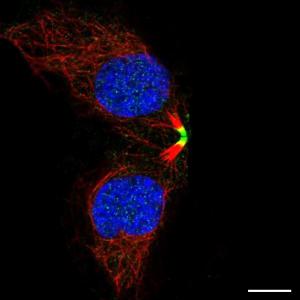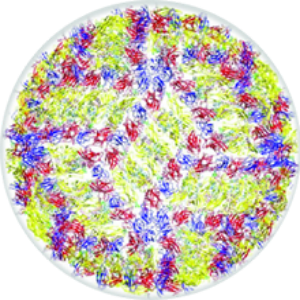Description
Antibody-drug conjugates (ADCs) have shown great promise as targeted cancer therapies, but their plasma stability is a crucial factor that can influence their therapeutic efficacy and safety. Plasma stability refers to the ability of an ADC to maintain its structural integrity and functional potency while circulating in the bloodstream. Poor plasma stability can lead to premature release of the cytotoxic drug from the antibody, potentially causing off-target effects or reducing the overall therapeutic index. To ensure optimal plasma stability, ADCs must be designed with robust linkers that can withstand the harsh conditions of the bloodstream, such as enzymatic degradation or chemical instability. This involves careful selection of linker chemistry, stability testing in various plasma environments, and monitoring of the ADC’s pharmacokinetics. Improved plasma stability not only enhances the therapeutic benefit of ADCs but also reduces the risk of adverse side effects, making it a critical parameter in the development of safe and effective ADC therapies.






![Business Analyst Certification Course in Delhi.110068. Best Online Data Analyst Training in Gurgaon by IIT/IIM Faculty, [ 100% Job in MNC] Summer Offer’24, Learn Advanced Excel, MIS, MySQL, Power BI, Python Data Science and Hitachi Vantara, Top Training Center in Delhi NCR – SLA Consultants India,](https://dumagueteinfo.com/classifieds/general/app/uploads/2024/05/broadlands.png)
![Best Data Analyst Training Course in Delhi, 110065, 100% Placement[2024] – Online Data Analytics Course in Noida, SLA Analytics and Data Science Institute, Top Training Center in Delhi NCR – SLA Consultants India, Summer Offer’24,](https://dumagueteinfo.com/classifieds/general/app/uploads/2024/05/Business-Analytics-Course-in-Delhi.png)
![Introduction to Bookkeeping and Accounting Classes in Delhi by SLA Accounts, Taxation and Tally Prime Institute in Delhi NCR, [ Learn New Skills of Accounting & Finance]](https://dumagueteinfo.com/classifieds/general/app/uploads/2024/05/Data-Analytics-Course-in-Delhi.png)